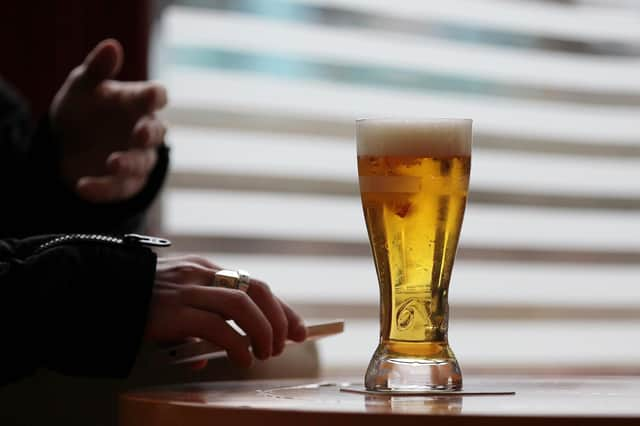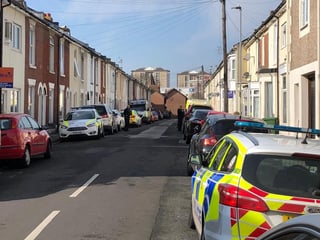Portsmouth illegal alcohol sales operation catches out 11 premises in the city


Licensing officers in Portsmouth used a 15-year-old volunteer who visited 28 bars, shops and hotels in the south of the city and tried to buy alcohol.
Of those visited, 11 different premises failed the test purchase and now face further action to prevent it from happening again.
Advertisement
Hide AdAdvertisement
Hide AdPC Peter Rackham, from the Licensing and Alcohol Harm Reduction Team, said: ‘This is the third operation we have carried out this year and it is disappointing to see so many premises fail.
‘The law around alcohol sales is clear so there really is no excuse for such a high failure rate.
‘We have been targeting different areas of the city each time and we will return to make sure those who have failed once do not do so again. If they do, the consequences could see them banned from selling alcohol.’
Those who passed the test successfully asked the teenager for ID and refused to sell it to them when they failed to provide one.
Advertisement
Hide AdAdvertisement
Hide AdStaff at the venues which failed to ask for ID were issued with community resolutions, requiring them to get further training around Challenge 25 procedures.
PC Rackham added: ‘It is so important to stop alcohol falling into the hands of children because all too often in our line of work we see the harm it can cause.
‘We must all work together to prevent this happening and protect those most vulnerable in our communities.
‘We would urge all businesses to train their staff in the Challenge 25 procedures, leaving them empowered to make the right decision when it comes to selling alcohol.’
